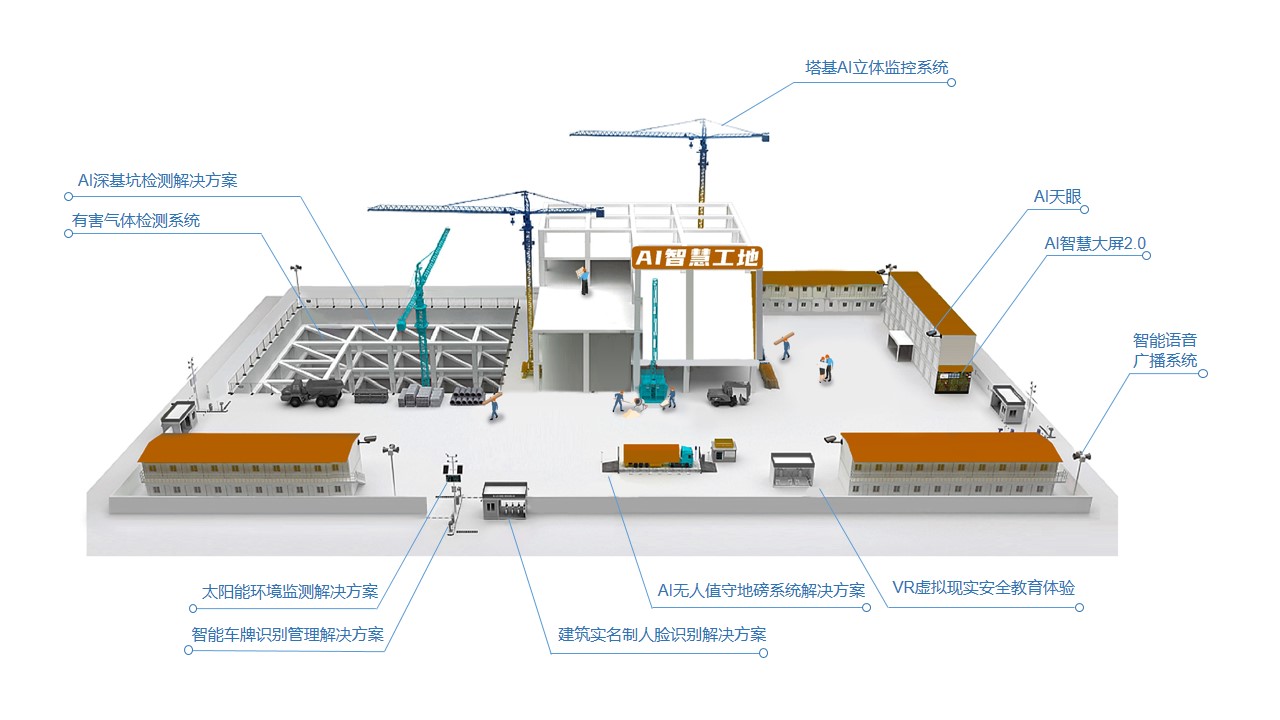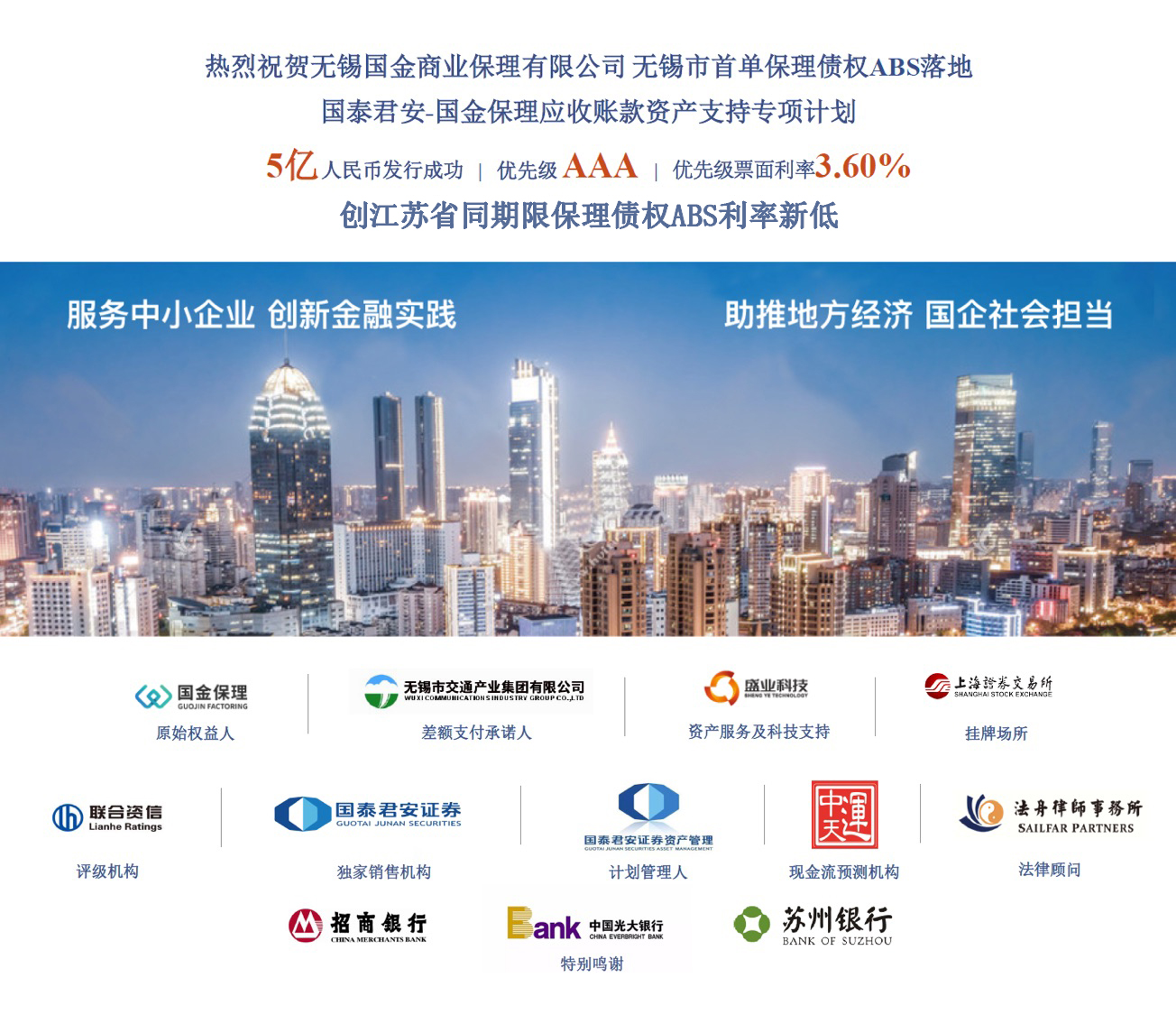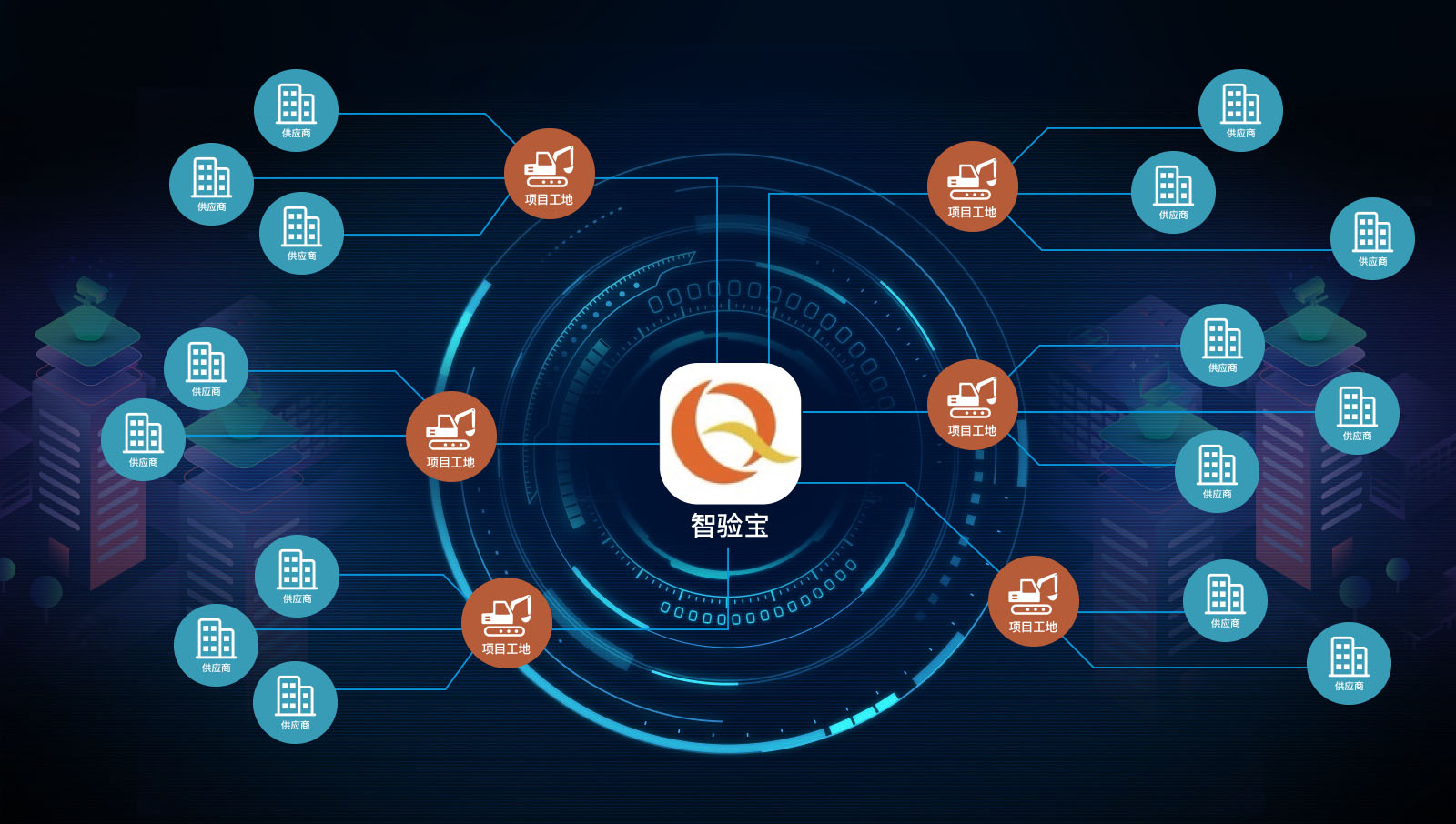Sheng Ye Capital Limited (HKEx: 6069) recently announced that its subsidiary Sheng Ye Information Technology Services (Shenzhen) Co., Limited (“SYIT”) has entered into a collaboration agreement with the First Company of China Eighth Engineering Bureau Ltd. (“CSCEC First Company”) to provide digital supply chain solutions based on the “Smart Inspection and Acceptance System” (智驗寶驗收系統) of CSCEC First Company. Going forward, SYIT will continue to increase investment in R&D and enhance operations of its industrial technology and fintech platform. SYIT will leverage its data to provide support to small, medium and micro enterprises (“SMEs”) and make supply chain finance more efficient and inclusive.

Despite the construction sector accounting for over a quarter of gross domestic product (GDP) in China, the industry faces various pain points under the traditional operation model, including difficulty in managing worksite safety, large numbers of workers, complicated approval procedures, poor material management, and construction schedule management, leading to low cost-efficiency.
With the digitalization trend on the rise, smart construction site solutions have emerged to address these challenges. The solution uses smart devices to collect data in real time, digitize operations on construction sites, and adopts technologies such as big data, cloud computing, artificial intelligence to analyze the data collected. Smart construction site solutions are becoming popular among construction companies as they facilitate digital upgrade and refined project management, therefore saving cost while improving efficiency significantly. According to Huachuang Securities, Chinese construction companies spent 0.08% of its total industrial output value on information technology in 2020, significantly lower than the 1% investment seen in other developed countries. This implies that smart construction site solutions have substantial growth potential in China, especially in the next few years.

Against the aforementioned background and guided by the “Dual-Engine, One-Platform” strategy, SYIT has been increasing its R&D efforts in Internet of Things (“IoT”) technology and Software-as-a-Service ("SaaS") solutions, enabling it to build an increasingly comprehensive industrial financing ecosystem. With its digital capabilities, SYIT has partnered with more than 10 blue-chip core enterprises and provided supply chain financing services to more than 8,000 SMEs. It has a total cumulative asset under management of over RMB100 billion in terms of account receivables and collaborated with over 50 funding partners.
Specifically, a smart construction site is developed based on the BIM (Building Information Modeling) system, which can integrate 3S (GPS, GIS, and RS), VR/AR and AI technologies into buildings, construction machinery, personnel wearables, and site gateways, thus maximizing data collection about materials, personnel, safety, and surrounding environment at a construction site. This allows workers to synchronize with site conditions, improves project safety issues, and optimizes allocation of resources. In addition, the smart construction model can effectively enable greener construction throughout the entire project life cycle, as a refined and closely monitored construction process helps reduce construction waste, and significantly cut down consumption of energy, materials and water. This will contribute to the increasing adoption of green supply chains and circular production, save resources and protect environment, and is well aligned with China’s key drive for green and healthy development. Given the nation’s increasing awareness of the importance of smart construction sites, provinces and cities are expected to gradually roll out guidelines and standards for this new construction model.
SY Capital will continue to target core enterprises and develop business in the industrial SaaS and IoT sectors in order to expand its ecosystem of smart supply chain services, thus unlocking further growth potential.






